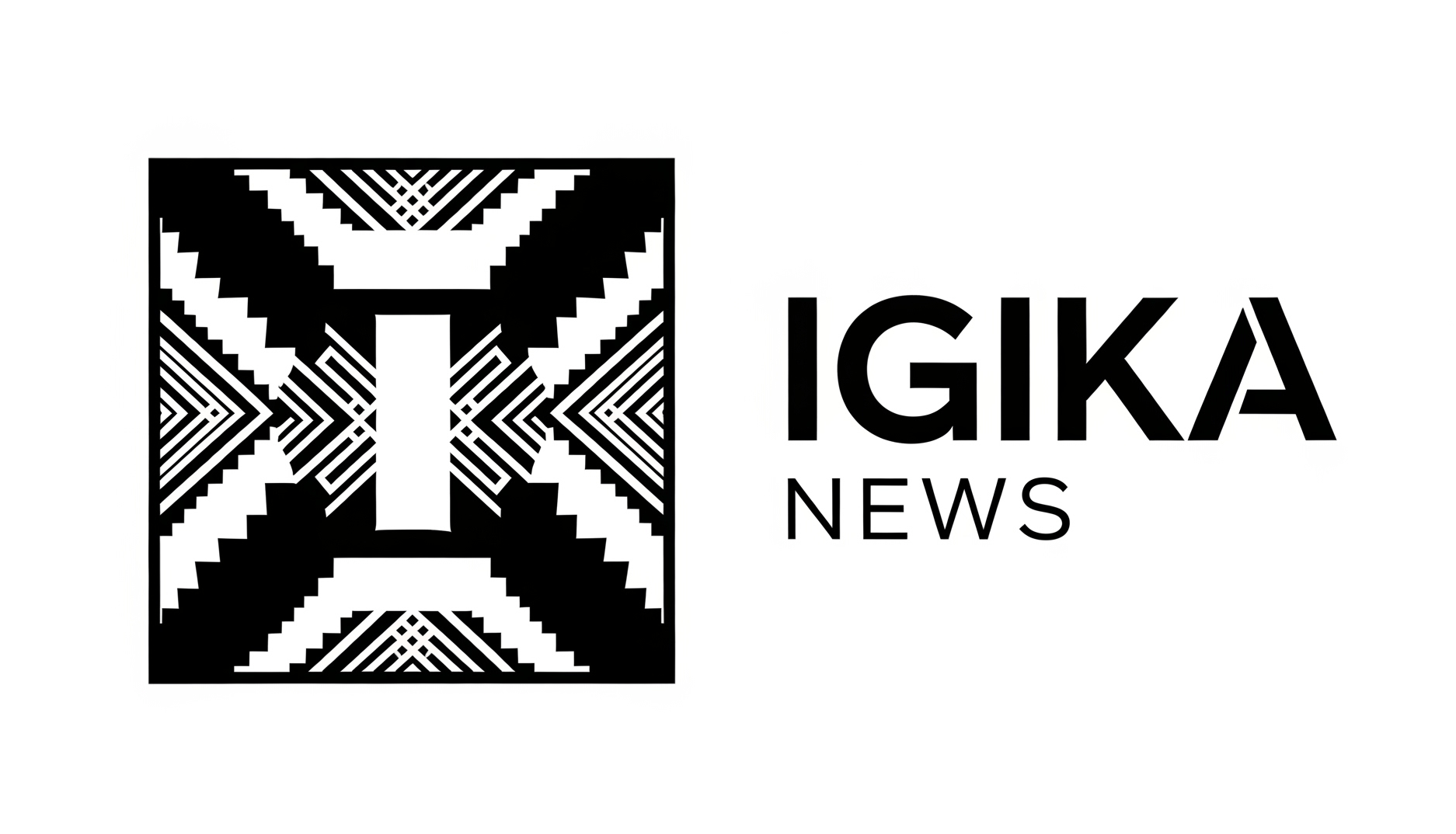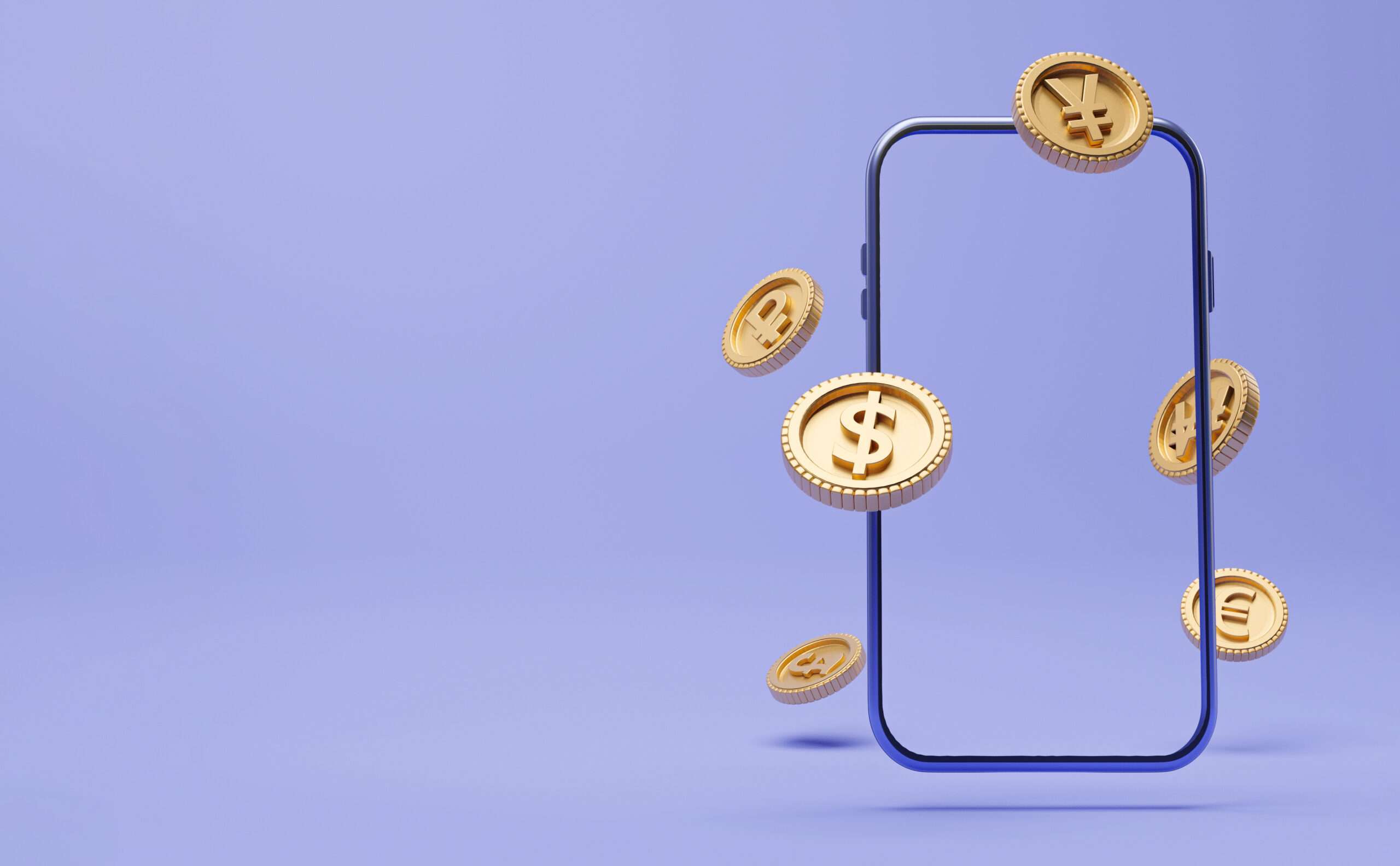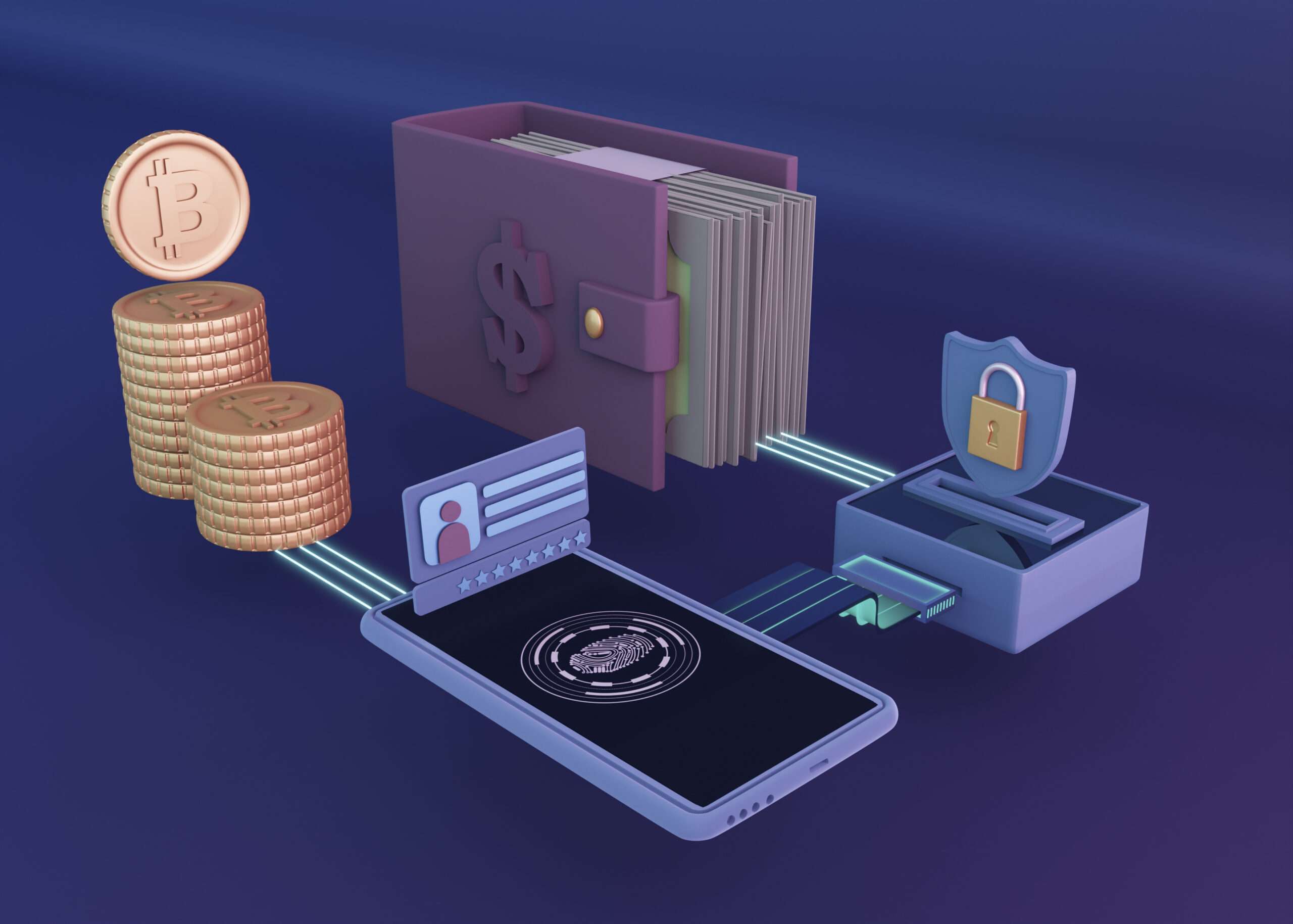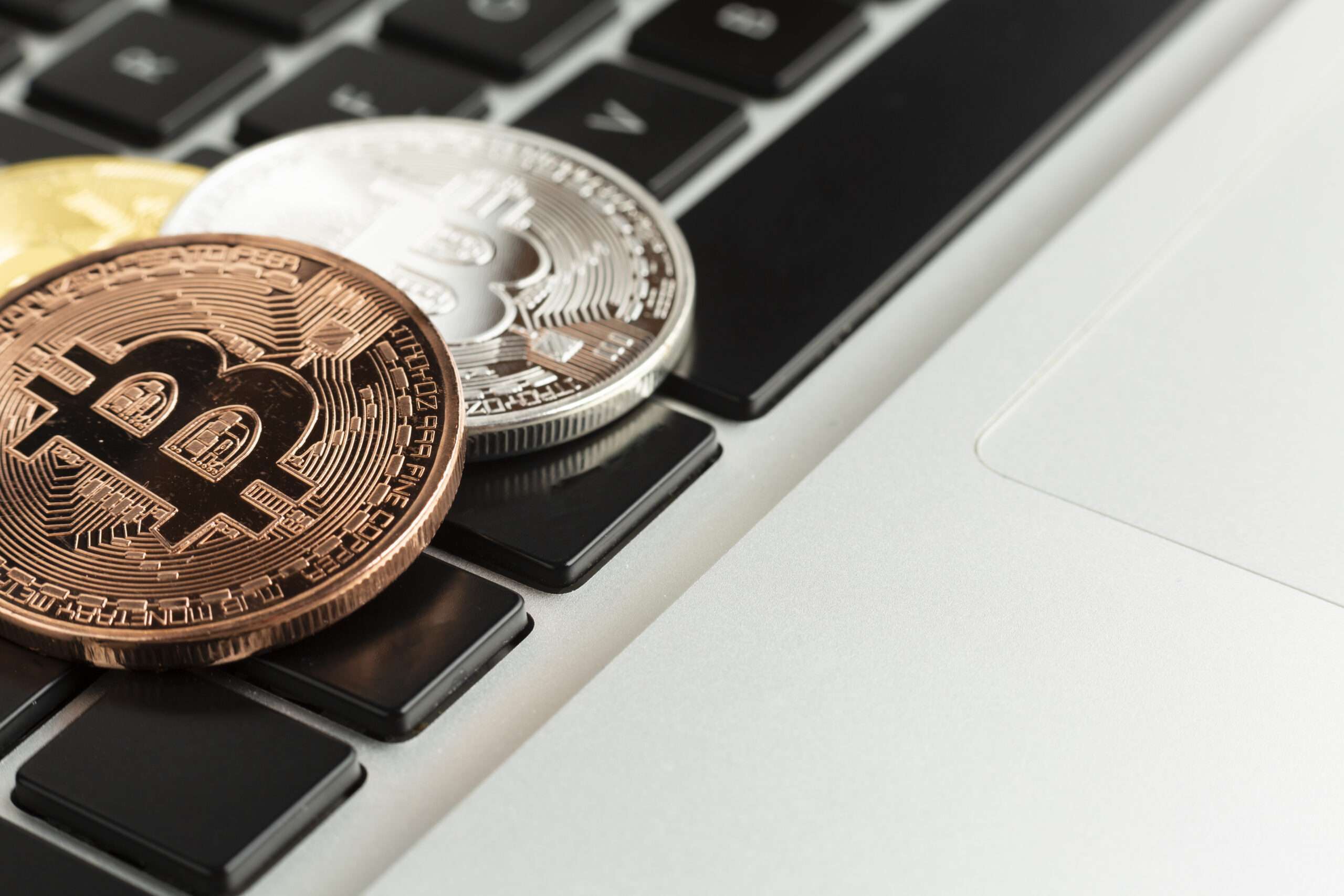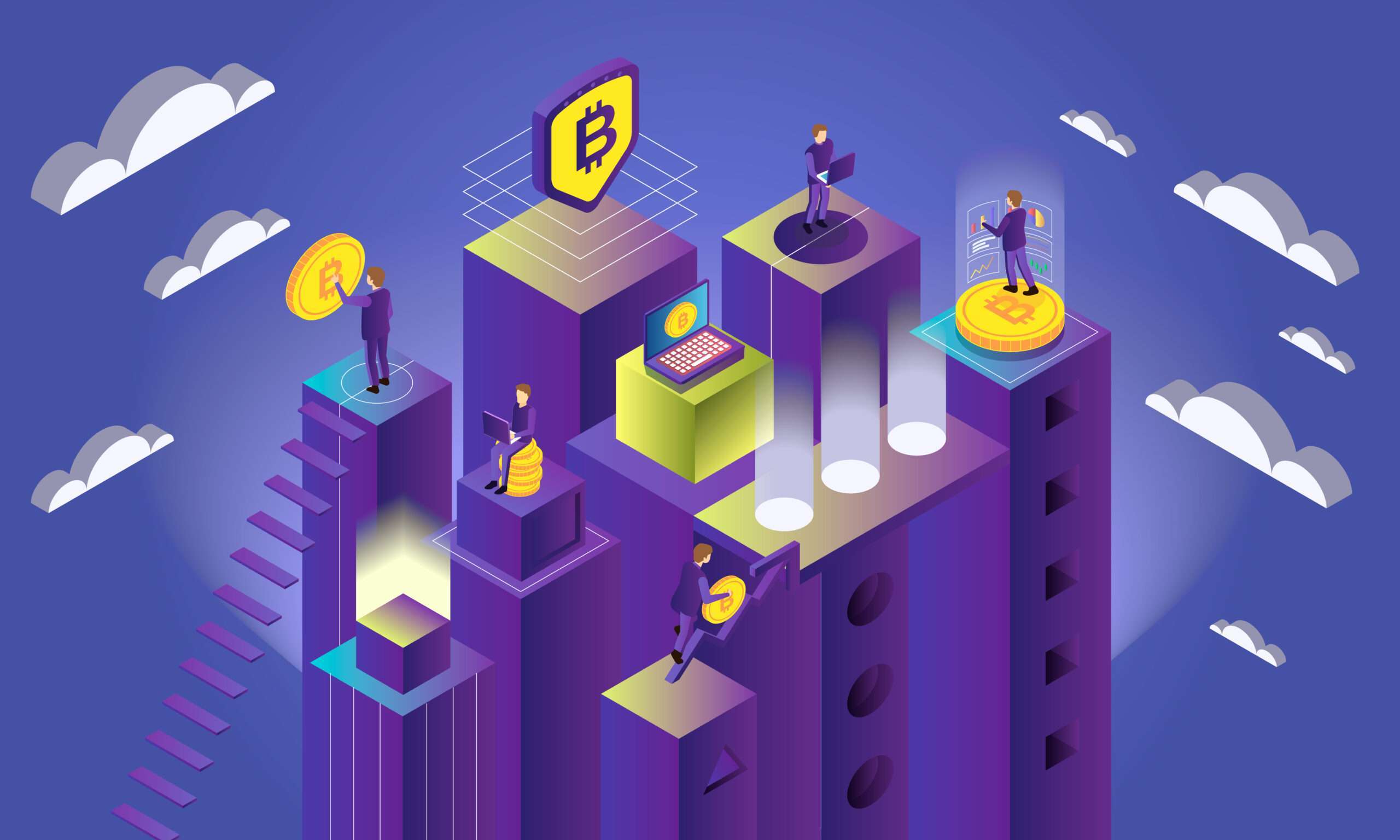Introduction
We are living in the middle of a digital revolution, where technology is reshaping every aspect of our lives. One of the most significant transformations has been in how we handle money. The traditional concept of money—paper bills and coins—is rapidly being replaced by digital alternatives, giving birth to the “Internet of Money.” This term refers to a global financial system where money is fully digital, accessible, and transferable through the internet.
From cryptocurrencies to digital payment systems, the financial world is undergoing a major shift, driven by innovation, decentralization, and the need for greater financial inclusivity. But how did we get here? And what does the future hold for the way we use money? Let’s explore the evolution and impact of digital money in the modern world.
The Evolution of Money
Money has come a long way from its earliest form. Initially, societies operated on a barter system, where goods and services were exchanged without a standardized currency. However, as trade expanded, the need for a universal medium of exchange led to the creation of coins and later, paper money.
With the rise of banks and financial institutions, money evolved further into digital transactions. Credit cards, online banking, and electronic transfers laid the foundation for a cashless society. However, the introduction of the internet accelerated this transformation, paving the way for entirely digital currencies and decentralized financial systems.
The Internet of Money: What Does It Mean?
The term “Internet of Money” refers to the seamless, digital, and often decentralized nature of modern financial transactions. It represents a world where money is no longer tied to physical assets but exists purely in digital form.
- Borderless transactions: With digital money, people can send and receive funds across borders instantly.
- Reduced dependency on traditional banking: Digital wallets and cryptocurrencies allow users to manage their finances without relying on banks.
- Decentralization: Unlike traditional money, many digital assets, such as cryptocurrencies, are not controlled by any single entity.
This shift has given rise to new financial models that challenge the traditional banking system, creating opportunities and challenges in equal measure.
Cryptocurrency: The Backbone of Digital Money
Cryptocurrency is the driving force behind the Internet of Money. Unlike traditional fiat currencies, cryptocurrencies are decentralized, meaning they operate without a central authority like a government or bank.
Bitcoin, the first and most popular cryptocurrency, was introduced in 2009 as a decentralized alternative to traditional money. Since then, thousands of other cryptocurrencies, such as Ethereum, Ripple, and Litecoin, have emerged, each with unique use cases.
The key advantages of cryptocurrency include:
- Security: Transactions are encrypted and stored on a blockchain.
- Transparency: Every transaction is recorded on a public ledger.
- Decentralization: No single entity controls the currency.
However, the volatility and regulatory challenges of cryptocurrencies remain obstacles to their widespread adoption.
Blockchain Technology: The Foundation of Digital Money
At the core of digital money is blockchain technology—a decentralized and immutable digital ledger. Blockchain ensures:
- Security: Transactions cannot be altered once recorded.
- Transparency: Public blockchains allow anyone to verify transactions.
- Efficiency: Removes intermediaries, reducing transaction costs.
Beyond cryptocurrencies, blockchain is also powering decentralized finance (DeFi) applications, enabling services like lending, borrowing, and trading without the need for traditional banks.
The Role of Central Bank Digital Currencies (CBDCs)
Governments and central banks worldwide are recognizing the shift toward digital money. In response, many are developing Central Bank Digital Currencies (CBDCs)—digital versions of fiat money that maintain government backing.
CBDCs aim to:
- Provide a digital alternative to cash
- Enhance financial inclusion
- Reduce reliance on cryptocurrencies
While CBDCs bring stability compared to cryptocurrencies, they also raise concerns about government surveillance and control over personal finances.
The Rise of Digital Payment Systems
Digital payment platforms like PayPal, Venmo, Apple Pay, and Google Pay are rapidly replacing traditional cash transactions. The convenience, speed, and security of these platforms have made them essential in today’s digital economy.
- E-commerce growth: Online shopping is booming due to seamless digital payments.
- Cashless societies: Many countries are transitioning towards a fully digital payment ecosystem.
- Business transformation: Companies are integrating digital payments to enhance customer experience.
The adoption of mobile payments and contactless transactions further highlights the growing dominance of digital money.
Conclusion
The digital revolution has completely transformed the way we think about money. The Internet of Money is not just a concept but a reality shaping the future of finance. Whether through cryptocurrencies, digital payment systems, or central bank digital currencies, the world is moving toward a more decentralized and efficient financial system.
As technology continues to evolve, embracing digital money will become a necessity rather than a choice. While challenges such as security, regulation, and financial literacy remain, the benefits of a digital economy are undeniable. The Internet of Money is here to stay—are you ready for the future?
FAQs
- What is the Internet of Money?
The Internet of Money refers to a digital financial system where transactions occur entirely online, using cryptocurrencies, digital payments, and decentralized financial networks. - Is cryptocurrency the future of money?
While cryptocurrencies are gaining traction, they are unlikely to replace fiat currencies entirely. However, they will play a significant role in the future of digital finance. - Are digital transactions safe?
Yes, but they require proper security measures, such as encryption, two-factor authentication, and secure wallets to prevent fraud. - What are the benefits of digital money?
Digital money offers faster transactions, lower fees, global accessibility, and greater financial inclusion. - Will physical cash disappear?
While cash is still in use, the trend is moving towards a cashless society, especially with the rise of digital payments and central bank digital currencies.
